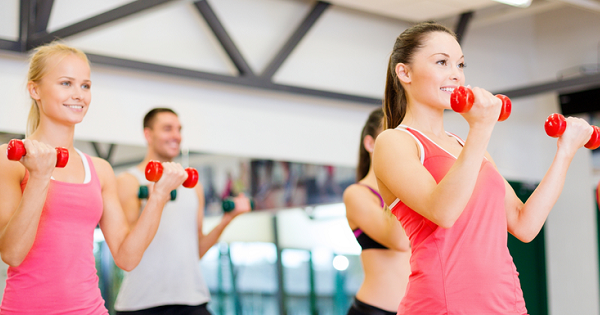Moderate exercise is essential to keep the large intestine in good condition. In particular, women and the elderly tend to have constipation due to refraining from going out due to the new. Attention should be paid to the deterioration of the large intestine.
Table of Contents
Women and the elderly who are prone to constipation
I hear that moderate exercise such as daily walks is good for bowel movements. I’m less likely to go out due to remote work, etc. Is there any effect?” (Male, early 60s), “I’m feeling hungry due to stress. There are questions about the relationship between exercise and stress and bowel movements, such as “Why does it get worse?” (Women in their late 50s).
There are two major effects of exercise on the large intestine. It is about improving blood circulation and making the intestines easier to move and keeping the muscles for defecation from weakening.
In particular, women have less muscle mass than men, so if the abdominal muscles required for defecation are weakened due to lack of exercise, constipation is likely to occur. Especially for older adults with weak muscles, regardless of gender, caution is required.
Based on 30 minutes of aerobic exercise every day
The basic is aerobic exercise for a total of about 30 minutes every day. A little sweating exercise or a walk will improve blood circulation and make your intestines easier to move.
It doesn’t have to be a special exercise to improve blood circulation. When I’m doing desk work, I sometimes get up and stretch or twist my body from side to side. By moving your body a little and loosening the stiffness, blood circulation will improve. Cenforce 150 and Vilitra 60 to improve intimate life.
When going out or moving to the upper and lower floors, climb the stairs without using the elevator or escalator as much as possible. When shopping, I walk a little detour. On the train, move while standing for a short time. The shaking trains the lower body muscles and core. It is important to accumulate little by little.
Another important thing is the muscles in the body (inner muscles), such as the abdominal muscles, especially the transverse abdominal muscles, to live. Move the inner muscle consciously so that your muscles do not weaken. For example, if you squeeze your hips tightly, you will exercise the pelvic floor muscles. We also recommend taking a deep breath and then slowly exhaling (drawing).
What is the relationship between stress and exercise?
Moderate exercise has a stress-relieving effect. When stress stimulates the sympathetic nerves, the bowel stops moving. On the contrary, when you relax, the parasympathetic nerves work, and the movement of the intestines improves.
The stress of commuting on a crowded train in the morning may be less than before the wreck due to working from home due to the self-restraint of going out of the wreck. However, daily commuting should have been unconsciously moderate exercise. I’ve been staying at home all the time with remote work, and I’m not moving. It can also lead to both lacks of exercise and stress.
Wake up in the morning, shine in the sun, eat, take a walk, or do some light gymnastics at home. Creating a daily rhythm of life and incorporating opportunities to move the body into it will lead to good colon health and right bowel movements.
Check your colon deterioration.
Now let’s check how healthy your large intestine is. Many people are neglecting their diet and exercise during their busy days.
It’s important to make it a habit
It is said that exercise (physical activity) is indispensable for health. It is known that exercise not only improves physical function and prevents lifestyle-related diseases.
In particular, aerobic exercise such as walking and jogging improves blood circulation throughout the body and helps prevent and improve lifestyle-related diseases.
Main medical effects of exercise
- Reduced risk of developing atherosclerosis (myocardial infarction)
- Buy Ivermectin online Improves cardiopulmonary function and reduces risk of infection
- Increased cerebral blood flow and neurons, reducing the risk of developing dementia
- Increased body temperature and relaxation effect improve sleep disorders
- Reduce body fat and prevent/improve obesity
- Prevents and improves lifestyle-related diseases such as dyslipidemia, hypertension, diabetes, and metabolic syndrome.
Vilitra 20 Prevents and improves ED (decrease in physical function and cognitive function) and sarcopenia (decrease in skeletal muscle mass due to aging) by improving muscle strength and increasing muscle mass
It’s never easy to get into the habit of exercising, so many people will say, “I tried it, but it didn’t last.” However, studies have shown that people who have been actively engaged in physical activity such as exercise for many years have a lower risk of lowering brain performance.
Continue the aerobic exercise for at least 10 minutes
So how much exercise should you specifically do to maintain your brain performance? Of course, the amount of exercise required varies depending on the individual’s health.












